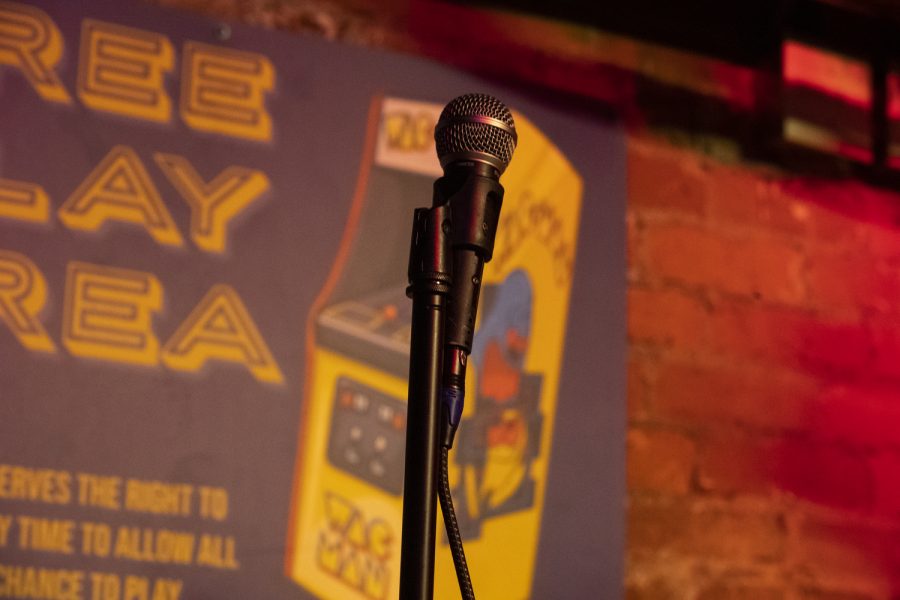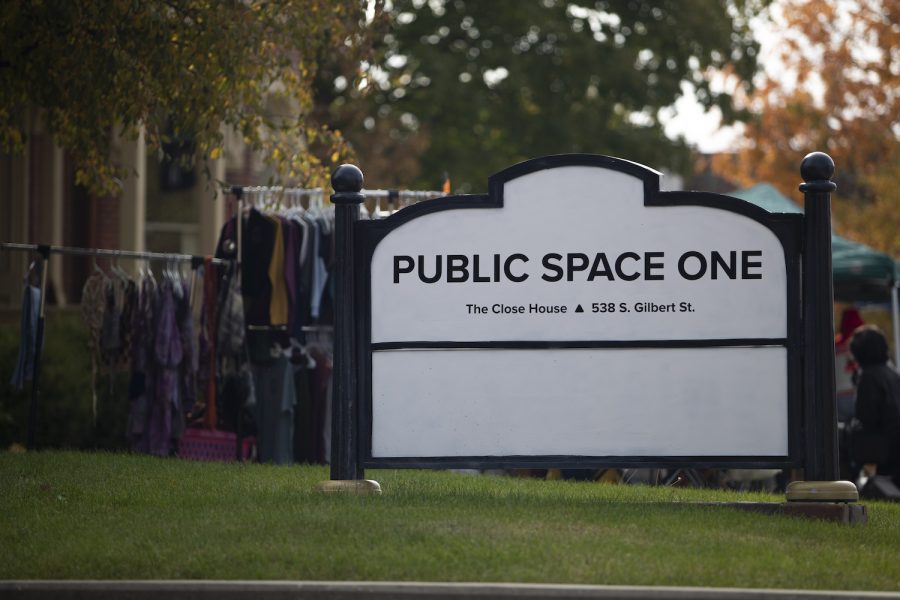Craig Arnold has an important slice of advice to offer aspiring poets.
“Don’t start smoking,” the poet said. “I found I had to relearn everything all over again.”
This lifestyle change conveniently took place roughly six years ago — four years into the decade it took him to write his latest poetry collection, Made Flesh, from which he will read at 7 p.m. today at Prairie Lights Books, 15 S. Dubuque St.
“Smoking is especially bad for artists,” Arnold said. “You become dependent on it to structure your work life. After I quit, I didn’t write a word for three years. I couldn’t write without a cigarette.”
Subsequently, he said, his smoking-obsessed psyche made him inadvertently dot his poems with images of cigarettes, fire, and crackling paper. But a slender cancer stick isn’t the only thing smoldering within the pages of Made Flesh. Originally planned as a long, almost epic poem, every phase of love unfolds throughout the lines, from delirious happiness to tumultuous frustration and soul-stripping despair.
“They don’t make great long stories, but they make great swooning short things,” Arnold said about his pieces. “After all, sonnets are only 14 lines.”
Made Flesh is his second book of poetry. A Yale University graduate who received a doctorate in creative writing from the University of Utah, his first book, Shells, was published in 1999. Since then he has won numerous awards, including the Rome Prize Fellowship and the National Endowment for the Arts Fellowship, and his poems have appeared in The Best American Poetry three times.
A large part of Arnold’s current collection is inspired by the mythological characters Hades and Persephone, the god of the underworld and the bride he kidnapped.
“I think of them as what is called a dyad, sort of a mutually reflecting relationship,” Arnold said. “You can’t talk about one without the other.”
While many writers today focus on Persephone or her bond with her mother Demeter — the goddess of fertility and the harvest — he said he was drawn to the relationship between the brooding husband and his lonely wife.
“It takes two to tango,” he said. “You can get into this sick fantasy world with a population of two, and what’s scary is that it resembles our ideal of what a marriage or a couple is … The things we call sane and things we call insane can be very similar.”
Although he calls his life “extremely boring,” this past year has been a thrilling break from his normal occupation as a creative-writing professor at the University of Wyoming.
He recently arrived back in the United States after spending a semester in Colombia on a Fulbright Scholarship. Along with translating the verses of Colombian poets, he also continued his three-year research for a book about volcanoes. Following a “whirlwind book tour in every sense of the word,” he will travel to Japan for a five-month residency to write another work. This book will retrace the steps of the 17th-century Japanese poet Matsuo Basho.
“They’re wonderful travel diaries,” Arnold said about Basho’s famous work, The Narrow Road to the Deep North. “He wrote what he saw when he went to see sights. It was like the first travel blog.”
“It’s a hybrid form I find fascinating,” the poet said. “It’s also a form that is contemporary.”
While Basho traveled on foot, Arnold said, it’s hard to make a similar journey with such modern obstacles as highways, trains, and buses. Not only is he interested in chronicling how Basho’s path has changed even in the past 30 years, Arnold wants to witness the culture of pilgrimage in Japan.
“The Japanese are obsessed with pilgrimage,” he said. “It’s like a fun holiday for them — there are stores by the sites, with pilgrim garb and walking sticks — there’s a cute, kitsch element.”
Even though Made Flesh focuses on the development and decay of love, he is clearly comfortable discussing an array of subject matter and has many adventures to share.
“One just can’t talk about love all day long,” he said.






